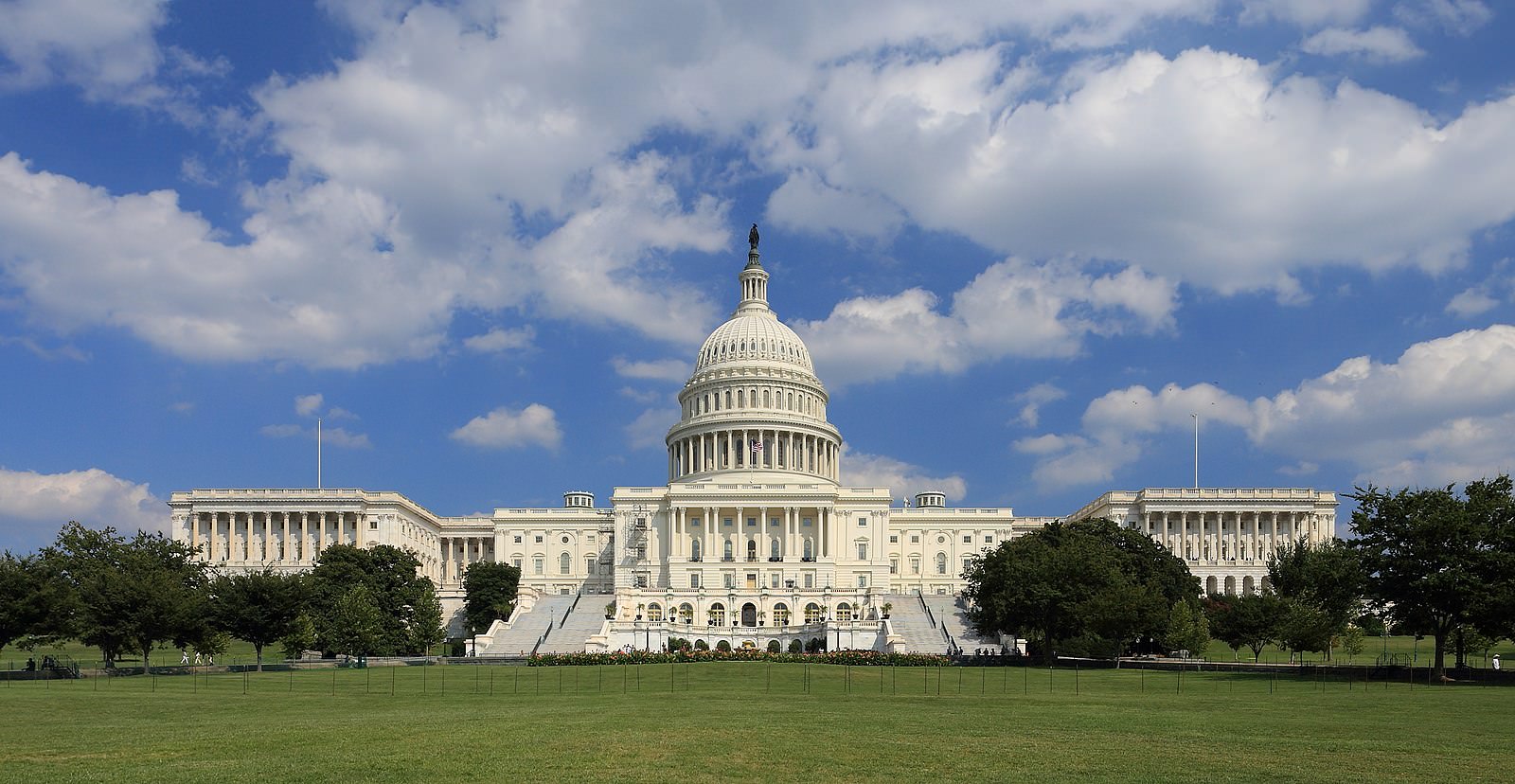Politics
Congress averts shutdown but punts spending fight into New Year
By Jake Beardslee · November 16, 2023
In brief…
- Senate passed stopgap funding bill to avert shutdown, but full-year spending bills still needed
- Bill extends funding only through Feb, creating 2 shutdown deadlines
- Major partisan divisions remain obstacle to long-term bills
- Early test for Speaker Johnson as conservatives demand cuts Democrats oppose

The Senate voted on Wednesday to pass a short-term spending bill that will keep the federal government funded and operating through early February. This averts an impending government shutdown that would have occurred this Friday, November 17 when current funding is set to expire.
The stopgap spending measure was previously approved by the House of Representatives on Tuesday before being passed in the Senate by a bipartisan vote of 87 to 11. The bill will now go to President Biden to be signed into law.
However, this temporary funding bill only kicks the can down the road, as lawmakers are still facing pressure to negotiate and pass full-year appropriations bills covering the rest of the fiscal year within the next couple months. The short-term bill creates two new shutdown deadlines in January and February, taking an unusual two-step approach to ultimately funding the government for the full year.
Major partisan divisions remain between Republicans and Democrats that will make the effort to pass longer-term spending bills very difficult and contentious. Conservative House Republicans are demanding deep spending cuts that Democrats reject as unreasonable and damaging. This fundamental disagreement over spending levels will complicate efforts by new House Speaker Mike Johnson to navigate the appropriations process and poses a major early leadership test.
The stopgap bill extends funding through January 19 for certain government priorities like military construction, veterans’ affairs, transportation and housing. The remainder of federal agencies and programs not covered by the first deadline would be funded through February 2 under the second shutdown deadline. The bill does not provide any additional aid to Israel or Ukraine.
Some conservative House Republicans were frustrated that the short-term bill did not include the spending cuts they have been seeking. As a result, the stopgap bill had to rely on Democratic votes to pass the House, which is an early warning sign for Speaker Johnson just months into his speakership. In contrast, former Speaker Kevin McCarthy was ousted after just a few short weeks when he lost support of the GOP conference. Many Republicans believe Johnson will avoid McCarthy’s fate since he inherited many of these issues, but it remains to be seen how long Johnson’s honeymoon period will last as he faces ongoing demands from the right flank of his party.